Services
RMTC offers a host of tools, technical assistance and knowledge sharing through free and fee-based services to individuals and organizations.
Community Capacity Tool:
Often the first step is to determine the community capacity for residency education. RMTC offers a free tool affectionately named “TREES” (Training and Rural Health Professions Education that is Community Engaged and Sustainable). This was developed in 2016 in collaboration with Western Montana Family Medicine Residency funded in large part by a HRSA Residency Training in Primary Care grant #D58HP23226. The tool has been refined in use over the past seven years.
Consultation Services:
As a network of programs and individuals with experience in professional education and health practices in rural areas, one of our most important assets is the distributed knowledge and technical expertise through formal and information consultation services.
RMTC and its peer consultants bring deep knowledge on matters of accreditation, finance, governance and community engagement to the task of rural residency program development. A design consult and paired peer visit – either in person or online – is the first step. We offer:
Video conference consultations and targeted technical assistance:
$450/hour
- Assistance clarifying options for rural residency finance, accreditation, and governance
- Grant application review
- Review of application for accreditation
- Mock ACGME site visits
- Ongoing coaching and mentoring
Online consultation package
$15,000*
For residency programs early in development to explore a community’s purpose in developing a rural residency or rural track in medical or other health professions’ school; clarify the rules of accreditation and finance as applied to rural programs; review community assets and capacity; discuss core design elements and their implications for accreditation, finance and governance; prepare high-level financial modeling and recommendations for next steps. This package includes:
- Three to four 60 – 180-minute video consults conducted over 1 week to 3 months
- Summary report within 30 days
In-person visit and consultation package
Starts at $20,000*
For developing of established programs, RMTC offers in-person visit and consultations which refines the items listed above and includes:
- Preparatory videoconference
- Onsite one to four-day visit to one or multiple sites
- Appropriate follow-up video visits
- Summary report within 30 days
Negotiated Contacts and Services
RMTC is happy to customize our services to meet your specific needs, whether in preparation for a grant application or for a particular project that requires a unique deliverable.
* Participating programs who pay an annual fee to be a part of our cooperative are offered a discount on billable services.
Request Services
Ready to get started? Request a free, non-binding 15-30-minute call.
Meet Our Consultants
Each of our consultants has personal experience in the design, development, and direction of rural residency programs and as such is a “near-peer” to others engaged in the same work.
Most consultations operate in pairs, matching our expertise with community needs.
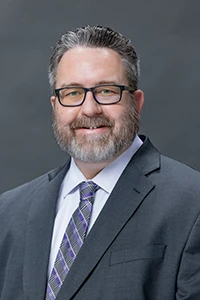
David Schmitz, MD
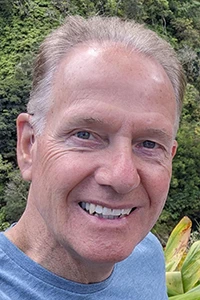
David Smith, MD
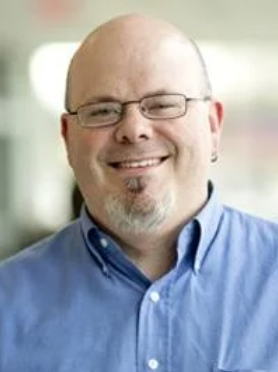
Drew Keister, MD
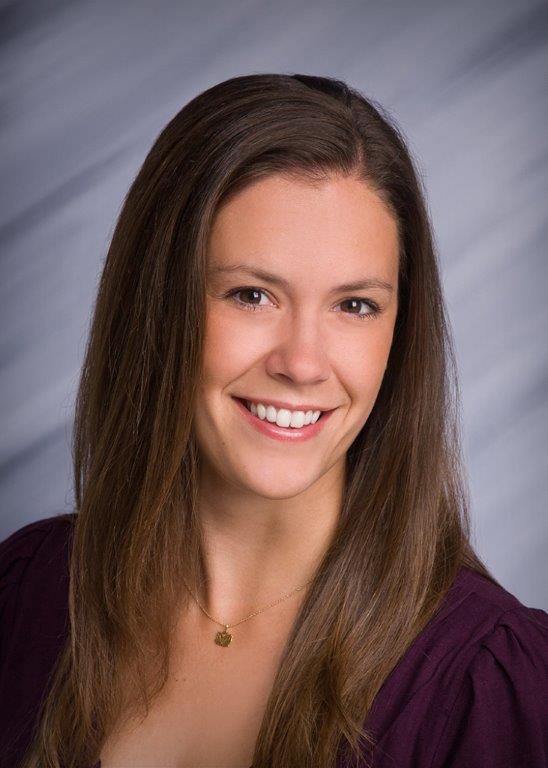
Keri Bergeson, MD
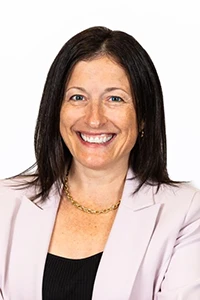
Lori Rodefeld, MS
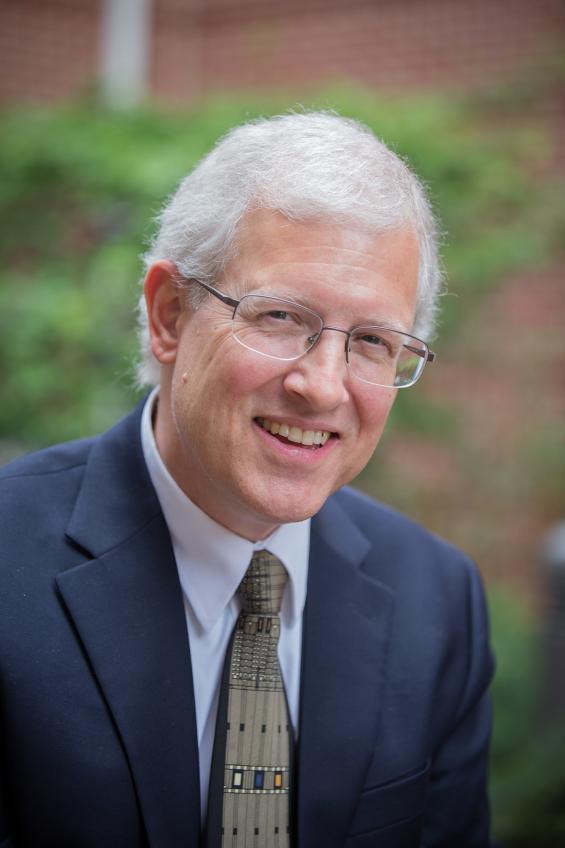
Randall Longenecker, MD

David Schmitz, MD

David Smith, MD

Drew Keister, MD

Keri Bergeson, MD

Lori Rodefeld, MS


